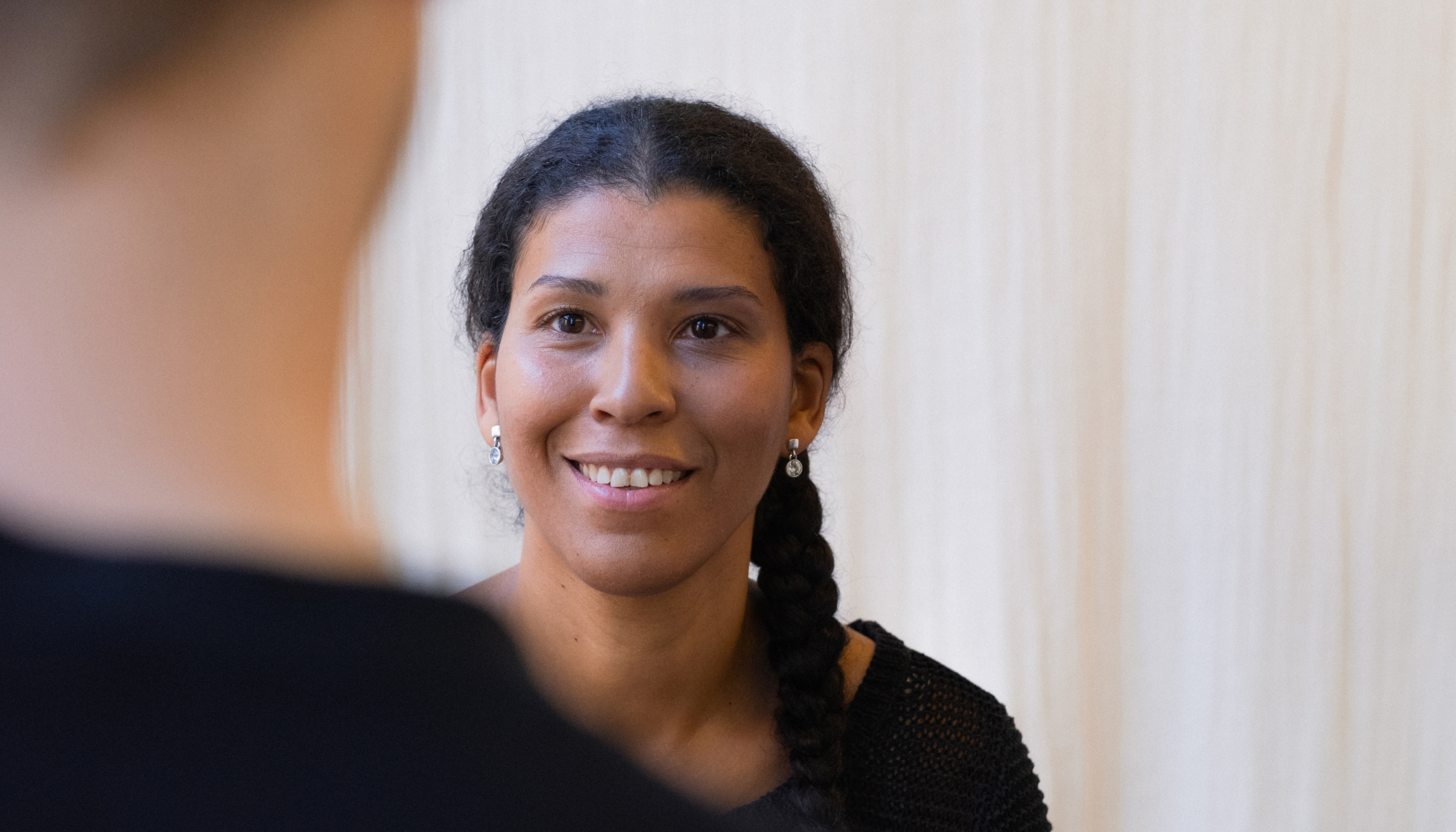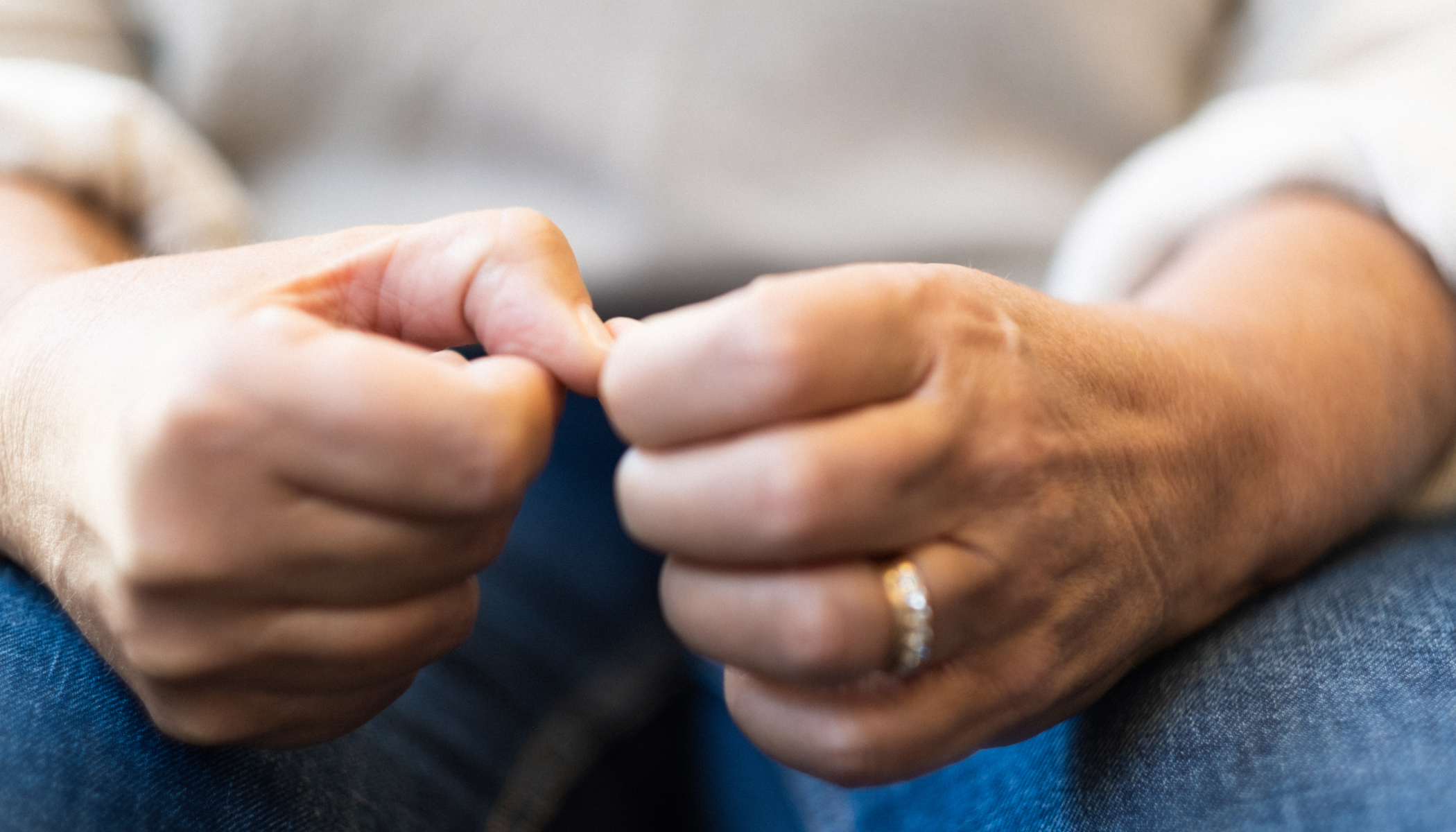Separation anxiety disorder (SAD) is one of the most common anxiety disorders in children.
‘A lot of children experience separation anxiety when they say goodbye to their parents or other close relatives,’ says Martin Forster, Livi psychologist. ‘If that anxiety becomes so strong or persistent that it impacts your child’s everyday life, it’s known as SAD – a disorder that affects around 5% of children.’
What causes separation anxiety, and at what age is it most likely to arise?
Traumatic childhood events or genetic factors can contribute to separation anxiety.
‘We know that children who experience a higher level of anxiety early on can trigger a parent’s protective instincts,’ explains Forster. ‘This is natural and understandable, but it can sometimes do more harm than good. When parents become overprotective, they may inadvertently take away opportunities for their child to overcome the anxiety.
‘For a long time, SAD was thought of as a condition only affecting children, but that perception has changed in recent years. Research has shown that people of all ages can develop SAD, but it’s still most common in childhood – mostly in kids around 5-10 years old.’
Could the pandemic have triggered separation anxiety?
‘For children prone to separation anxiety who have spent an unusual amount of time with their parents during the pandemic, going back to normal can be tough,’ suggests Forster.
On top of this, the pressure of lockdowns and other pandemic restrictions can exacerbate other triggers of SAD, like conflicts at home and troubled relationships in families.
If your child’s anxiety appears more specifically related to Covid-19 and the pandemic, read our guide on how to calm their fears.
What are the symptoms of separation anxiety, and how do I know if my child’s SAD is normal?
It’s no surprise that most young children experience some kind of anxiety when saying goodbye to their parents.
‘It’s a normal reaction during the first few years of a child’s life, and most kids grow out of it,’ says Forster. ‘It’s when the anxiety prevents a child from doing things their peers are able to do, or if it takes up a lot of time and energy, that you should consider taking action.’
Look out for these signs and symptoms:
- Anxiety when saying goodbye, for instance when being dropped off at nursery or school
- Worry that something might happen to their parents so that they never come back
- Worry about being abandoned or left behind somewhere
- Repeatedly waking up at night and a strong desire to sleep in their parents’ room
- Constant efforts to control where their parents are
- Fear of being at home alone
- Fear of spending the night away from home
Sometimes, recurring nightmares about separation can also be a symptom of SAD. If your child is suffering from nightmares, here’s some advice on what to do.
How can I help my child overcome separation anxiety?
- Practise alone time
The most effective tool against separation anxiety is to have your child regularly practise being on their own.
‘It’s important that you start small and build up gradually,’ says Forster. ‘If your child won’t even let you go upstairs, that might be a good first step – even just for 2 minutes in the beginning. For children who don’t dare to sleep in their own bed, a mattress on the floor next to you could be a good start.’
- Be wary of overprotecting your child
‘Parents of children with separation anxiety sometimes underestimate their child’s abilities and tend to overprotect them – perhaps they stay at another child’s birthday party rather than dropping their child off, or they go to collect them as soon as they start to feel anxious,’ says Forster. ‘Although it’s well-intended, this means they’re never challenged.’
- Consider if your routines are helping – or making things worse
Routines are often good, says Forster, since all children benefit from stability. ‘However, for some children with an excessive need for predictability, it can be good to practise changing routines, especially as life is never 100% predictable.’
- Avoid ‘rubber-band goodbyes’
Keep goodbyes short and sweet. ‘A typical challenge is the nursery or school drop-off,’ says Forster. ‘I recommend waiting for a good opportunity before leaving, like when a teacher is clearly ready to step in or your child has started to play with something.’
It’s not always easy, but once you say goodbye, commit to it – even if your child is upset. ‘Avoid “rubber-band goodbyes” where you leave, come back and then leave again,’ adds Forster. ‘They’re generally more painful for the child.’
- Keep teachers and carers informed
Starting a dialogue with the teachers is a good idea. ‘Good communication with teachers means they can be prepared and support your child,’ says Forster. ‘For your own sake, you can call the school after a while to check how things went after the goodbye.’
- Accept that progress takes time
Make changes gradually, together with your child. All of the above should be done in a way that’s gradual, sensitive to the child’s feelings and with your child in clear agreement. ‘If children are forced to be alone or left alone without warning, it’ll likely compound the problems,’ explains Forster.
- Add fun and a playful approach
‘Make each step into a playful game, and don’t forget to celebrate the progress you make together,’ adds Forster.
When should I seek professional help?
SAD can sometimes act as a gateway anxiety disorder. If it’s not treated, it can lead to a range of both mental and physical difficulties, so getting your child the help they need is important.
If your child is anxious or sad for long periods of time at nursery or in school, or if they can’t play with their friends or participate in activities with their peers, it’s a good idea to get professional help from a doctor who can refer to a psychologist if needed.



